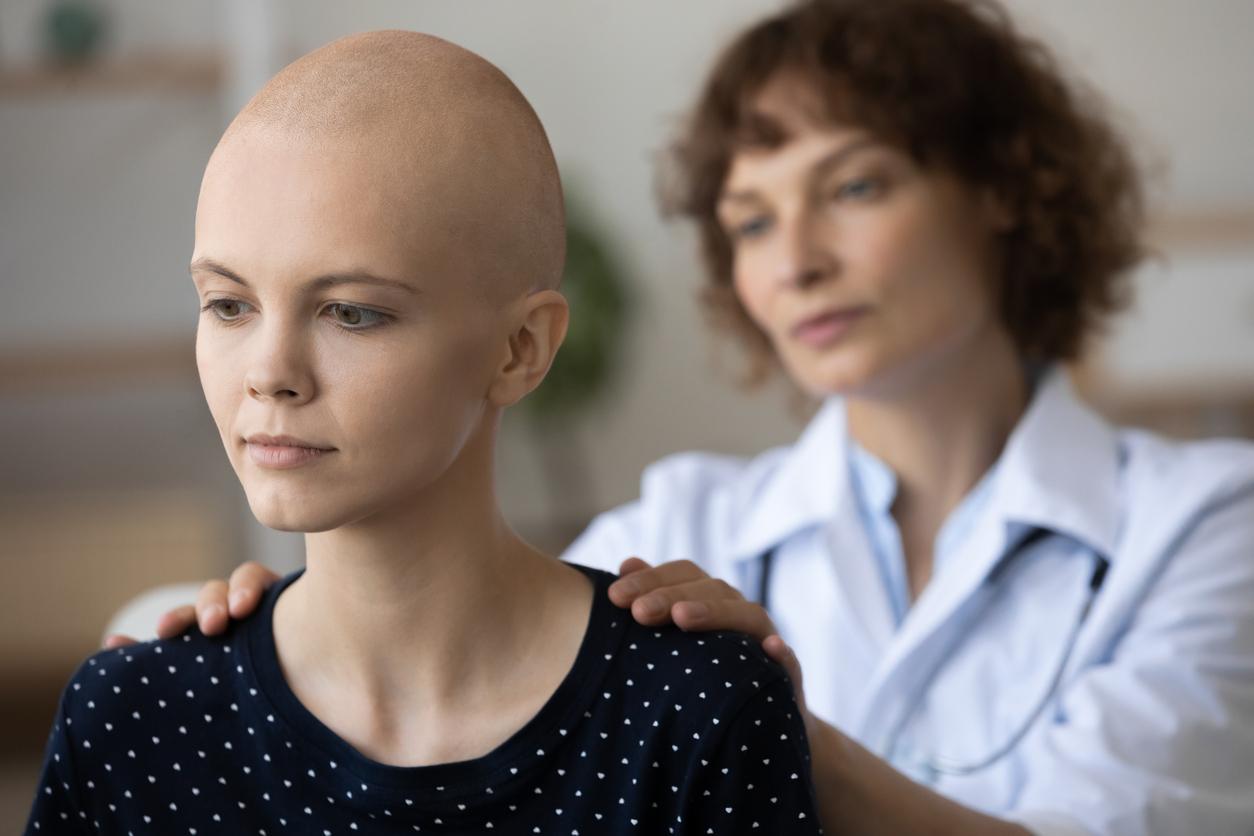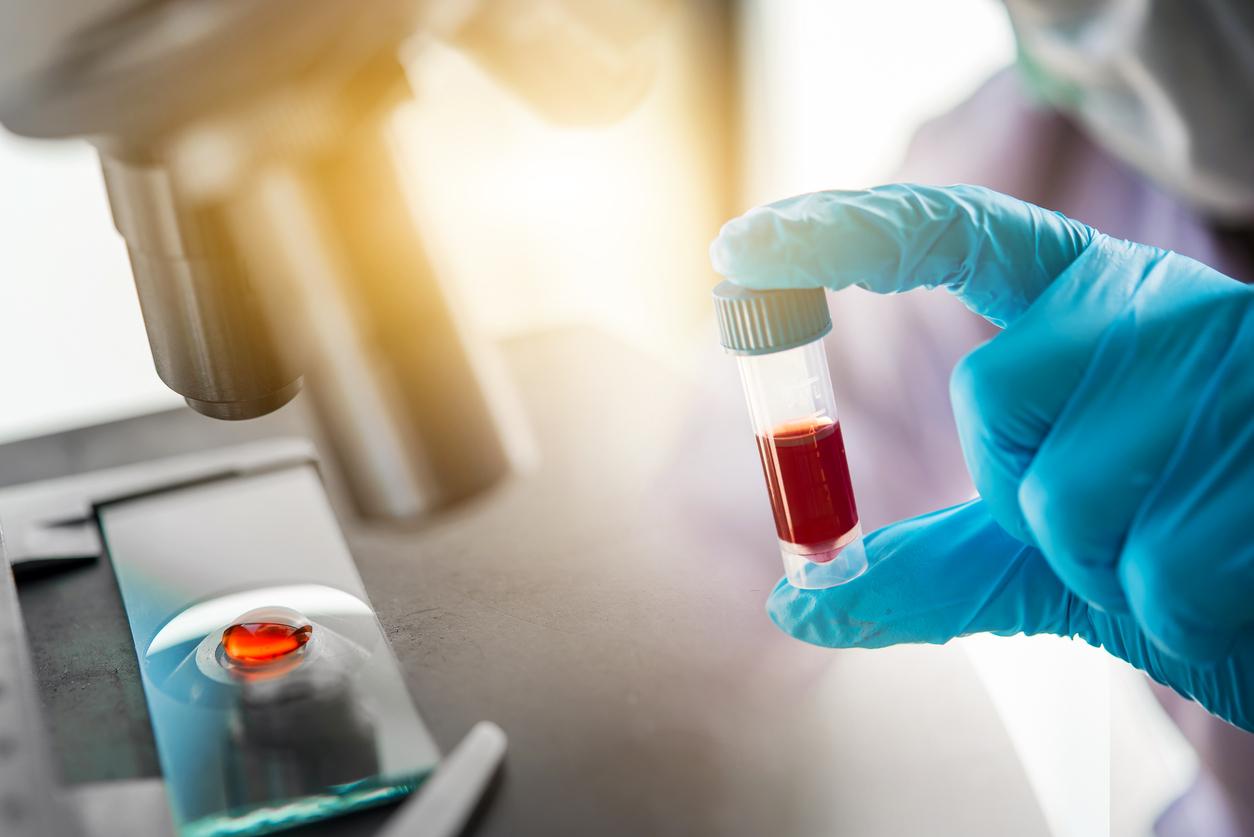A medicine centered on each individual and not only on the disease, this is what allows the emergence of new technologies in the health sector. Full of hope, the experts speak of integrative medicine. To accompany this revolution, it will be necessary to make the patient more active in his course of care, more autonomous. Why Doctor takes stock.

Today, 97% of people with cancer are treated with products tested on only 3% of patients in clinical studies. However, thanks to the emergence of artificial intelligence in the field of health and the time savings that these new technologies offer to doctors, the opportunity is given to offer more personalized care but also to finally refocus on the human, to redefine the role of the patient within the course of care and to rethink it more effectively. Specialists talk about integrative medicine and the autonomous patient. What is it exactly?
Integrative medicine crosses everything that is known, from the biology of the tumor and its environment, as well as all available disciplines (artificial intelligence, medical imaging, virtual reality) to define the most appropriate therapeutic strategy. It is therefore a question of attempting a more personalized approach to cancer, taking into account both scientific experiments and the patient.
“Today, when we administer a drug, it means that its effects have been validated by a study. For this one to be well done, we will eliminate the many biases: we will choose a few selected patients to show the anti-tumor efficacy, but once we have this result, we will give this same drug to the whole affected population. Will we get the same benefit for every patient? Not necessarily. This is why it is necessary to manage to consider each patient in a different way, with his singularity”, explains to Medical Frequency in a program produced on the subjectdoctor Alain Toledano, oncologist, radiotherapist at the Hartmann clinic in Neuilly-sur-Seine, and president of the Rafael Institute.
“We will have to review our ways of doing things, our demonstrations and adapt, get as close as possible to everyone,” he continues. From now on, the objective is therefore to “move from a medicine centered on the disease to a medicine centered on the individual and his life project.”
A digital medical record
The specialist explains: “the cancerous cell exists within an environment, so we must consider the individual in society and his environment, and not just focus on the disease (…) We must work with other disciplines to promote overall health. We will have to take into account the sexual, psychological or even social health of the individual.
And this individual will of course have a role to play, because the concept of integrative medicine has no meaning without that of the autonomous patient. Thanks to digitized care combining both teleconsultation and follow-up of patients between two consultations through the use of digital technology, the latter will be much more active than at present.
Thanks to a digital diary, the patient will be able to regularly describe how he experiences the disease and its treatment. Today, during “a short consultation, with a lot of emotions, he will forget to bring back certain secondary species”, explains Alain Toledano. However, cancer treatments have many side effects.
“Sexuality disorders, hot flushes, sleep disorders… telling the story of these side effects will allow better management of the patient. We will have to delegate tasks to digital tools to be able to refocus on the human,” continues the specialist. “We never worried about this procession of side effects that can undermine the patient’s life. By using this time saved in data collection, we will be able to refocus care around patients and not around their disease.”
Allow less travel
“The smartphone must be an additional tool for the caregiver and allow us to help assess the patient and be at his side. It must above all allow the patient to regain a certain autonomy so that we can better support him (…) The doctor, the coordinating nurse and the medical team around the patient must succeed in making him aware that the return of his data and his own experience are fundamental for us to be able to support him, and his feelings are at the center of it all. This will allow less travel, less transport to be reimbursed…”, adds Doctor Florian Scotté, who heads the department of medical oncology and supportive care at Foch Hospital, to Frequency Medical.
The expert cites several studies demonstrating superiority, not only in terms of longevity, but above all quality of life, for cancer patients who have been monitored via an internet platform. “Elderly patients prefer to stay at home in their environment”, assures Florian Scotté. Thus, the patient will no longer have to travel unnecessarily to retrieve a result that he could have obtained by email, and the doctor-patient relationship will be even more pleasant. “We will have to recreate human contact and delegate the technique and all that is useless in terms of energy expenditure (…). From prescriptive medicine, we are going to move on to integrative medicine”, concludes Alain Toledano.
See below the Medical Frequency video on integrative medicine and the autonomous patient:

















